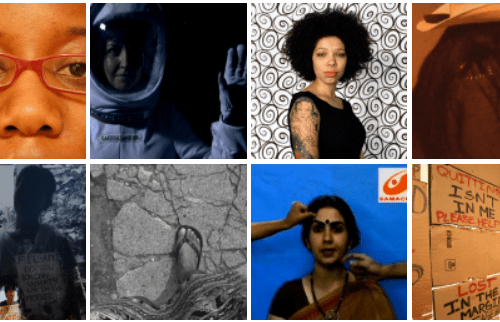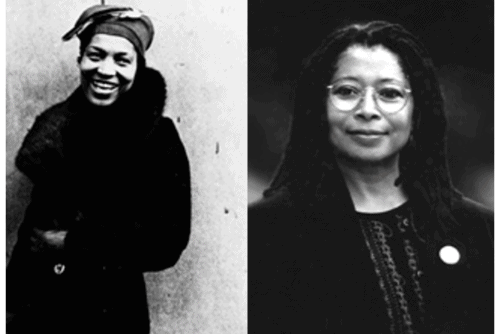Conclusion: A Killjoy Manifesto
Audre Lorde teaches us how quickly the freedom to be happy is translated into the freedom to look away from what compromises your happiness. 1 The history of feminist critiques of happiness could be translated into a manifesto: Don’t look over it: don’t get over it. Not to get over it is a form of disloyalty. Willfulness is a kind of disloyalty: think of Adrienne Rich’s call for us to be disloyal to civilization. We are not over it, if it has not gone. We are not loyal, if it is wrong. 2 Willfulness could be rethought as a style of politics: a refusal to look away from what has already been looked over. The ones who point out that racism, sexism, and heterosexism are actual are charged with willfulness; they refuse to allow these realities to be passed over.
Even talking about injustices, violence, power, and subordination in a world that uses “happy diversity” as a technology of social description can mean becoming the obstacle, as the ones who “get in the way” of the happiness of others. Your talk is heard as laboring over sore points, as if you are holding onto something—an individual or collective memory, a sense of a history as unfinished—because you are sore. People often say that political struggle against racism is like banging your head against a brick wall. The wall keeps its place so it is you that gets sore. We might need to stay as sore as our points. Of course that’s not all we say or we do. We can recognise not only that we are not the cause of the unhappiness that has been attributed to us, but also the effects of being attributed as the cause. We can talk about being willful subjects, feminist killjoys, angry black women; we can claim those figures back; we can talk about those conversations we have had at dinner tables or in seminars or meetings. We can laugh in recognition of the familiarity of inhabiting that place, even if we do not inhabit the same place (and we do not). There can be joy in killing joy. Kill joy, we can and we do. Be willful, we will and we are.



